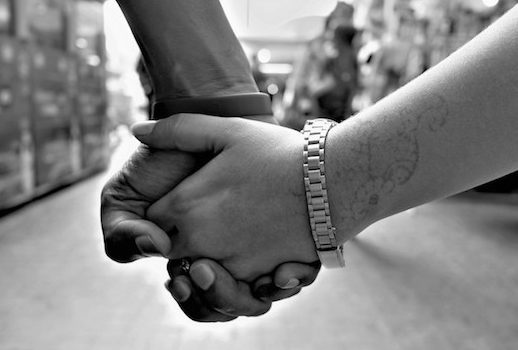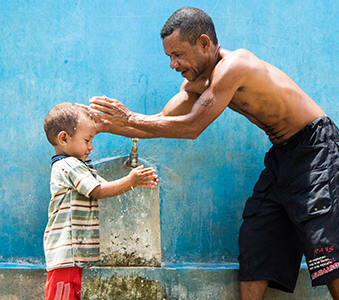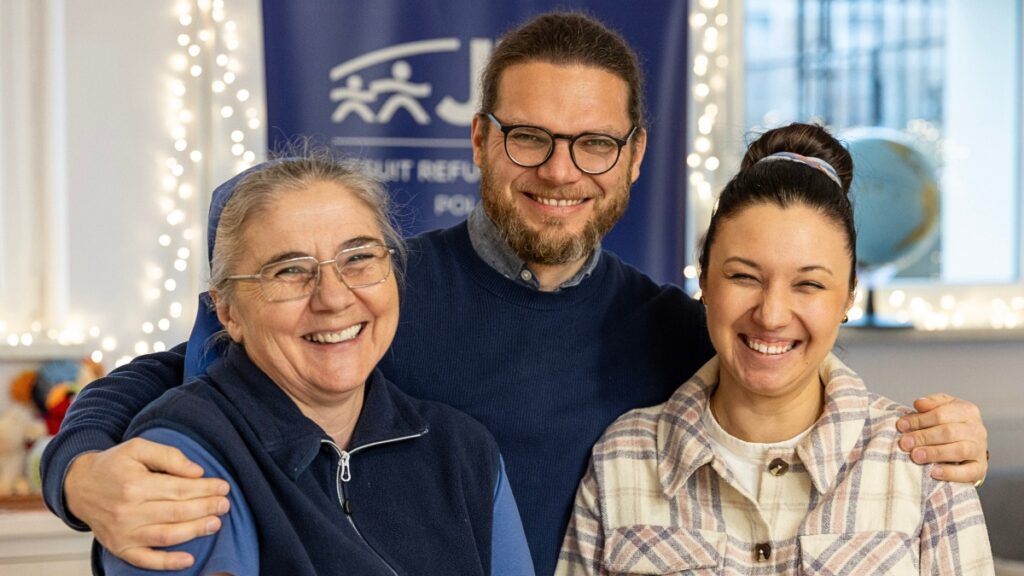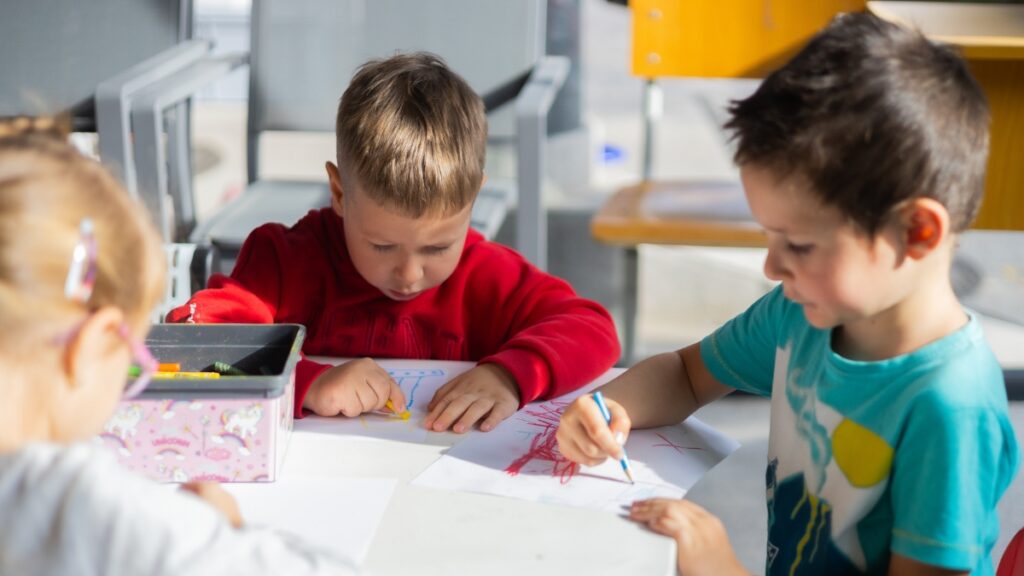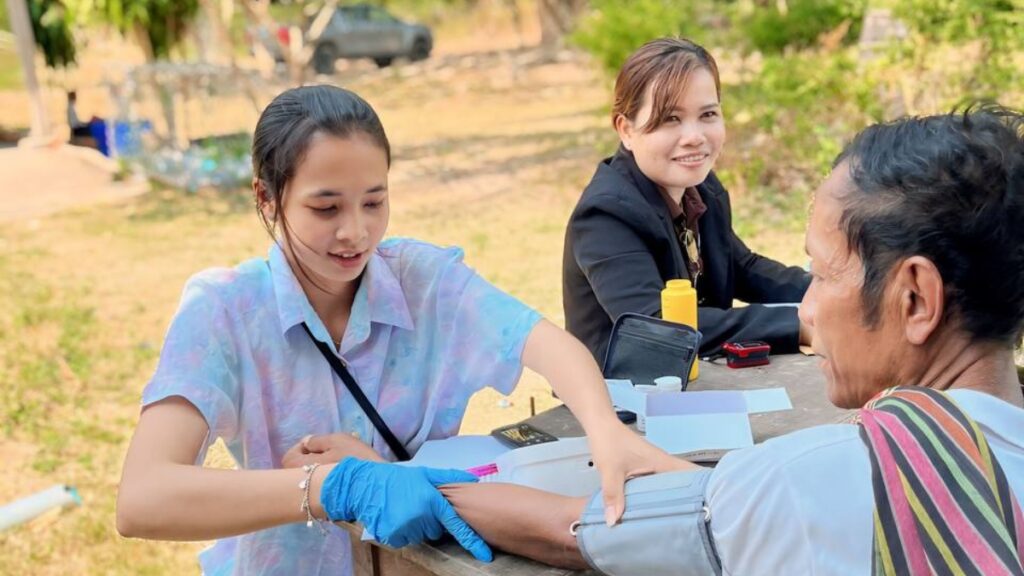There’s no antidote but hope because there’s precious little evidence of constructive action or any progress to sustain mental and emotional health.
By Father Michael Kelly SJ, the English-language publisher of La Croix International and La Civilta Cattolica.
Some days I feel like a people trafficker, though I’m not making a zack out of the trafficking. Other days I see myself as a latter-day Oskar Schindler. But mostly I just feel trapped along with the 1000 refugees and asylum seekers I’m doing my not-very-successful best to get the hell out of an open prison called Bangkok.
Their key features are well known — there are between five and six thousand men, women and children living as ‘urban’ refugees and asylum seekers (who don’t have status as refugees conferred by the UNHCR); they are escapees of state-permitted persecution, from Pakistan, South Sudan, Iran, parts of Africa, even Vietnam — the tribal Montagnards collaborated with the Americans during the Vietnam War, and the Communist Vietnamese government won’t forgive or forget that.
They aren’t to be confused with the tens of thousands of tribal people from Myanmar who have been in camps along the Thai/Myanmar border for decades. Most don’t want resettlement in a third country but to return to their own once the conflicts that drove them out are settled.
The Bangkok-based group live in neatly cared-for derelict conditions; they are prevented from working by Thai Immigration authorities; they spend most of their lives behind locked doors in tiny five-by-six metre ‘apartments’ that have one bed that often sleeps five or six people. Many of the children have no opportunity for schooling and sit at home all day watching movies on mobile phones.
They have a tiny toilet/bathroom area to satisfy the needs of all occupants; meals are prepared on a gas stove that is worked on a small veranda; a fan is all there is to bring relief from the tropical heat. And they venture out of their lodgings — which remain locked to keep visiting police at bay — only at night or when they know the circling police are unlikely to meet them on the streets or in shops. So far, so predictable.
“When I was even more innocent and unworldly than I am now, I was introduced to an author who wrote the best books of Christian spirituality I have ever read and contemplated. Sebastian Moore was an English Benedictine who died at 97 in 2014.”The first book of his that I read was No Exit which appeared in 1970 and seems to no longer be available. In it, he drew on his encyclopaedic knowledge of English literature (he studied at Cambridge under the controversial F. R. Leavis), existential philosophy (Jean-Paul Sartre had a book with the same title) and the mystics, especially Ignatius Loyola and John of the Cross.
In tightly written, short and almost poetic chapters he addressed, as he did in later books, what happens to you when you hit the wall and have no exit from some very unpalatable experiences. His constant focus is on experience and looking for the one ‘in whose light, we see light — Christ’.
Moore’s genius is in bringing to his readers that thing which only few writers have ever done and not many Christians seem to understand — what the Gospel of John portrays as Jesus’ moment of glorification: his crucifixion. Without a deep sense of paradox, Christianity is unintelligible. Irony must be a Jewish invention if Jesus’ message is anything to go by.
Irony and paradox as portrayed by Moore are the only things that sustain me here in Bangkok. They suggest hope. Otherwise it’s just one more instance of innocent and unmerited suffering following another: predatory abuse and extortion from the Thai police; UNHCR officials who neither listen nor understand; mindless bureaucrats in the NGOs who are allegedly dedicated to serving the needs of the refugees but in reality just treat individuals as statistics.
It’s a world infected by fear, and the fears are fed by paranoid gossip that do the rounds in the community very rapidly. There’s no antidote but hope because there’s precious little evidence of constructive action or any progress to sustain mental and emotional health.
It breaks the refugees’ hearts when they aren’t believed by the UN officials. These officials then deny them their natural rights or any due process, and falsify their narratives because the refugees have inadequate English (the only language the UN will use) to explain why returning to their homeland would be suicidal.They fail the UNHCR tests even when they present documentary evidence of the enduring fatwa against them that would mean death if they went home. And why? Because, surprise, surprise, the document is written in Urdu, not English. The UN won’t consider it till it’s in English, and the asylum seekers don’t have the money to pay for its certified translation.
It breaks the refugees’ hearts when their children or old people are ill and they have no money to call on the resources of a medical system that is among the best in Asia.
It breaks the refugees’ hearts when families are separated because some members are caught by the local immigration police and imprisoned indefinitely — without any due process or sentencing — in a process that makes the actions of Donald Trump’s border police in breaking up families coming into the USA from Mexico look a commonplace.
Even those with refugee status accorded by the UNHCR wait years — most now between five and eight years — for any government to take an interest in their resettlement. The Americans who created most of the refugee messes in the world are particularly tardy.
About two thirds of the people I know have been rejected in their claim for refugee status.
Even if all those with refugee status get resettled, there will still be thousands here in Bangkok with nowhere to go — no refugee status to be claimed by countries resettling them, and terrified to return to their home country for fear that they will be killed: Christian converts from Islam with known identities; victims of Pakistan’s murderous blasphemy laws; even gays whose sexual orientation means death in many places still.
Back to Sebastien Moore and No Exit. Or, more accurately, back to my knees. I ask myself from time to time should I just own up to the refugees and asylum seekers and tell them I agree with Thomas Hobbs that life is ‘nasty, brutish and short’? Sometimes I feel like it.
But as my friend, John Menadue, wrote recently in his blog, Pearls and Irritations, reminding us of something Graham Greene said ages ago: ‘The only unforgiveable sin is despair,’ which in traditional Catholic terms is the ‘sin against the holy Spirit’.
Tempted as I am to commit that sin, I refuse. But where does that leave me and the asylum seekers and refugees in my community? Just waiting and listening at the foot of the Cross, sure of nothing more than that God didn’t just look and lament what he saw. He did something about it. The Resurrection.
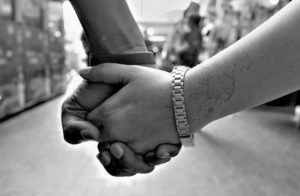
[image_caption]
A Pakistani Christian asylum seeker husband and wife hold hands at a market in Bangkok. (Photo by Tibor Krausz/ucanews.com). [/image_caption]
Click here to read the heartbreaking story of one of the 700 Pakistani asylum seekers helped by Father Michael Kelly SJ in Bangkok. “A Pakistani Catholic on a Sticky Wicket” explains how “Khalid Samuels” was forced to flee after rescuing his sister from her kidnapper.
[sub_title color="#f2664c"][break height="30"]Jesuit Mission supports the work of Fr Michael Kelly SJ in Thailand. To help, click here[break height="30"]

